
Are you looking to invest in Dubai properties but feel overwhelmed by the complexity of the process? You’re not alone. Many first-time buyers face challenges navigating the Dubai property market, from understanding the legalities to managing additional costs like legal fees and property taxes.
As your trusted guide with years of experience in real estate investment, we’re here to help you every step of the way. In this article, we’ll break down essential tips and tricks to make the property-buying journey smooth and profitable, including:
- Market insights
- Financing options
- Location strategies
By following our guidance, you’ll gain the confidence to make informed decisions and secure a successful investment in the Dubai property market. Let’s get started on turning your real estate aspirations into reality!
Essential Tips for Buying Property in Dubai: A Comprehensive Guide

Dubai’s property market continues to attract property investors worldwide, thanks to its tax-free environment, high rental yields, and luxurious real estate developments. Whether you are looking for an investment property or a home for personal use, Dubai offers a variety of options, from high-rise apartments to lavish villas.
However, the property buying process in Dubai can be complex, especially for first-time buyers. Knowing how to buy property in Dubai is essential to avoid common pitfalls and make informed decisions.
Understanding the market dynamics, legal requirements, and financial obligations is crucial to making a sound property investment. This guide provides 15 powerful tips to help you navigate the Dubai real estate market efficiently and profitably.
Top Tips for First-Time Property Buyers in Dubai

If you are purchasing Dubai properties for the first time, it is essential to familiarize yourself with the rules, costs, and steps involved. By following these crucial tips, you can ensure a smooth and successful property buying process.
1. Understand the Dubai Property Market
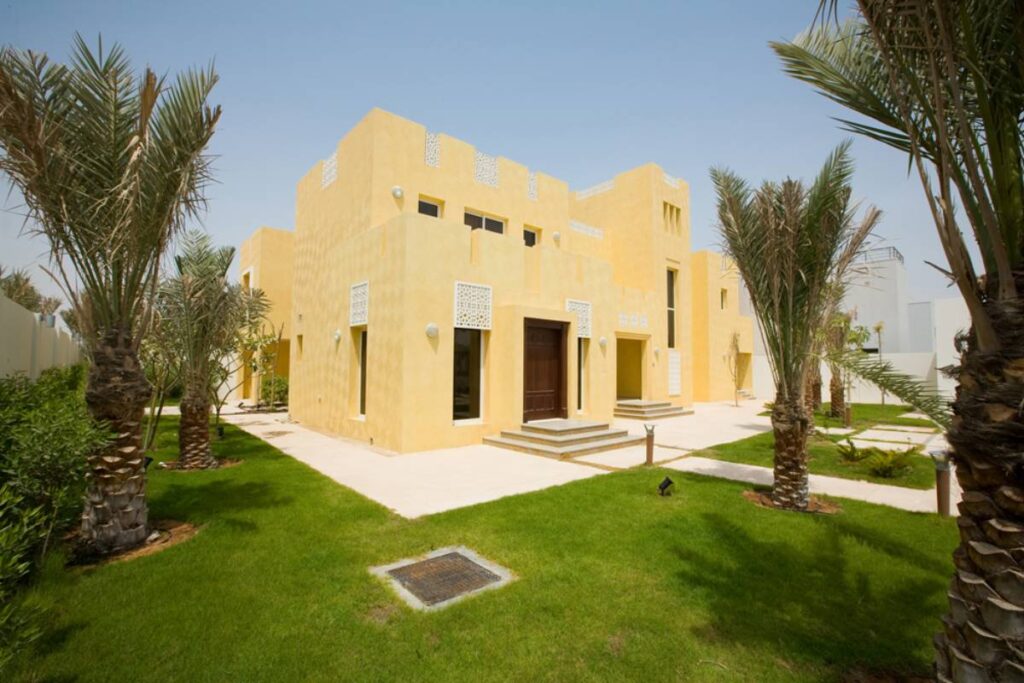
The Dubai property market is dynamic, with property values fluctuating based on factors such as demand, supply, and economic conditions. Popular locations like Dubai Hills Estate, Downtown Dubai, and Dubai Marina are known for their long-term appreciation potential and high rental yields.
How to buy property in Dubai starts with conducting thorough research by analyzing market trends, recent transactions, and expert forecasts before deciding on a property. Understanding whether the market is in an uptrend or a downtrend will help you time your investment for maximum profitability.
2. Choose the Right Type of Property
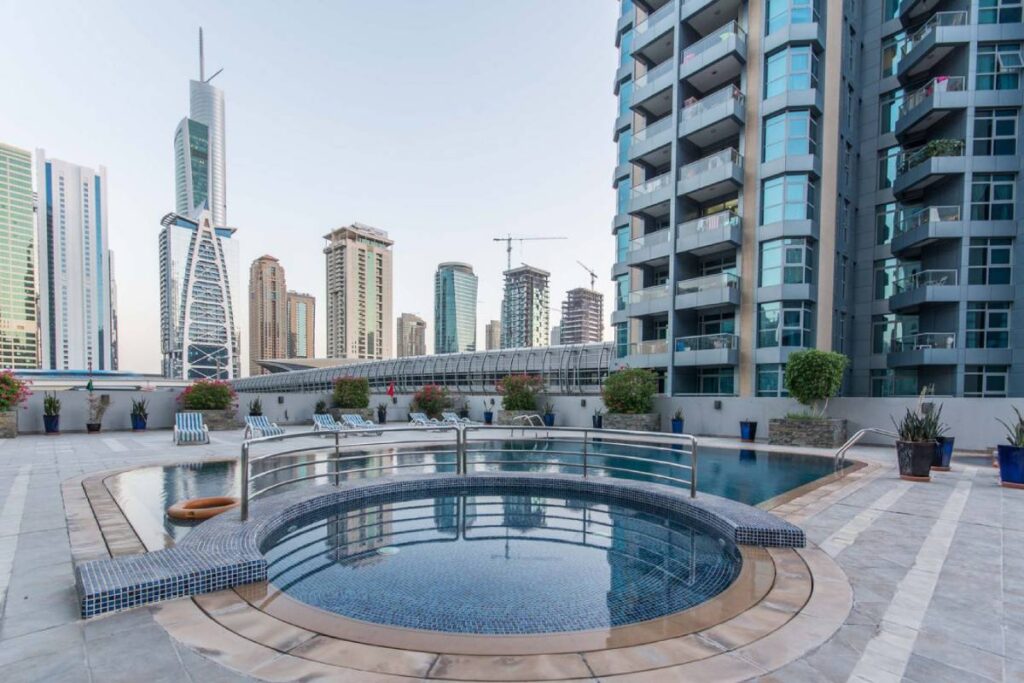
Dubai offers a wide range of investment property options, including off-plan developments, ready-to-move-in apartments, and villas. If you are an investor looking for passive income, properties in high-demand rental areas like Business Bay or Dubai Marina can generate steady returns.
On the other hand, if you plan to live in the property, consider factors such as proximity to schools, public transport, and lifestyle amenities. Areas like Dubai Hills Estate offer a blend of luxury, convenience, and strong future appreciation.
3. Freehold vs. Leasehold: Know Your Ownership Rights

One of the most important decisions when purchasing Dubai properties is whether to buy in a freehold or leasehold area. Foreign investors can own properties outright in designated freehold zones, giving them full ownership rights. Leasehold properties are available in other areas, typically under a 99-year lease agreement.
Understanding how to buy property in Dubai requires knowing the difference between these two types of ownership, as property regulations vary depending on the area and type of property. Always confirm ownership rights before committing to a purchase.
4. Set a Budget and Consider Additional Costs
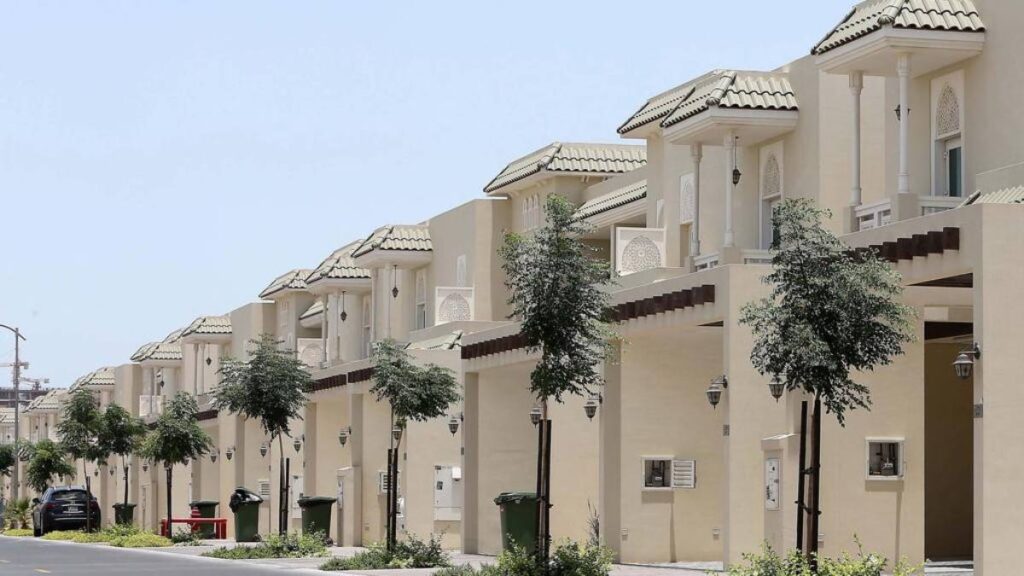
While determining your budget, remember that the property price is not the only cost involved in buying real estate in Dubai. There are additional expenses, including:
- Legal fees – Required for contract drafting and verification.
- Dubai Land Department (DLD) registration fee – 4% of the property’s purchase price.
- Agency commission – Usually around 2% of the property value.
- Mortgage registration fee – 0.25% of the loan amount if financing is required.
- Annual service charges – Covers maintenance, security, and common area upkeep.
Unlike some countries, Dubai has no annual property taxes, which is an attractive benefit for investors. However, these upfront and ongoing costs should be factored into your financial planning to avoid surprises.
5. Secure Financing in Advance

If you need a mortgage, explore the different financing options available for property investment in Dubai. Most banks require expatriates to pay a minimum down payment of 20% for properties below AED 5 million. Mortgage interest rates vary based on the lender, so comparing rates from different banks is recommended.
Additionally, ensure that your financial records, including salary statements and credit reports, are in order to speed up the loan approval process. Pre-approval from a bank will help streamline your property search and negotiation process.
See Also Is Dubai Property a Good Investment
Dubai Property Purchase: Key Tips for a Smooth Transaction

Purchasing property in Dubai can be an exciting and profitable venture, but navigating the process requires careful planning and understanding of local regulations. Whether you’re a first-time buyer or an experienced investor, knowing the essential steps and legal requirements is key to ensuring a smooth transaction.
6. Work with an Experienced Real Estate Agent

Hiring an experienced real estate agent registered with the Dubai Land Department (DLD) can make the property buying process much smoother. A good agent will guide you through the legal procedures, negotiate better deals, and provide insights into market trends.
Be cautious when dealing with unlicensed brokers, as they may mislead buyers or charge hidden fees. Always verify an agent’s credentials before engaging in any transactions.
7. Conduct a Thorough Property Search
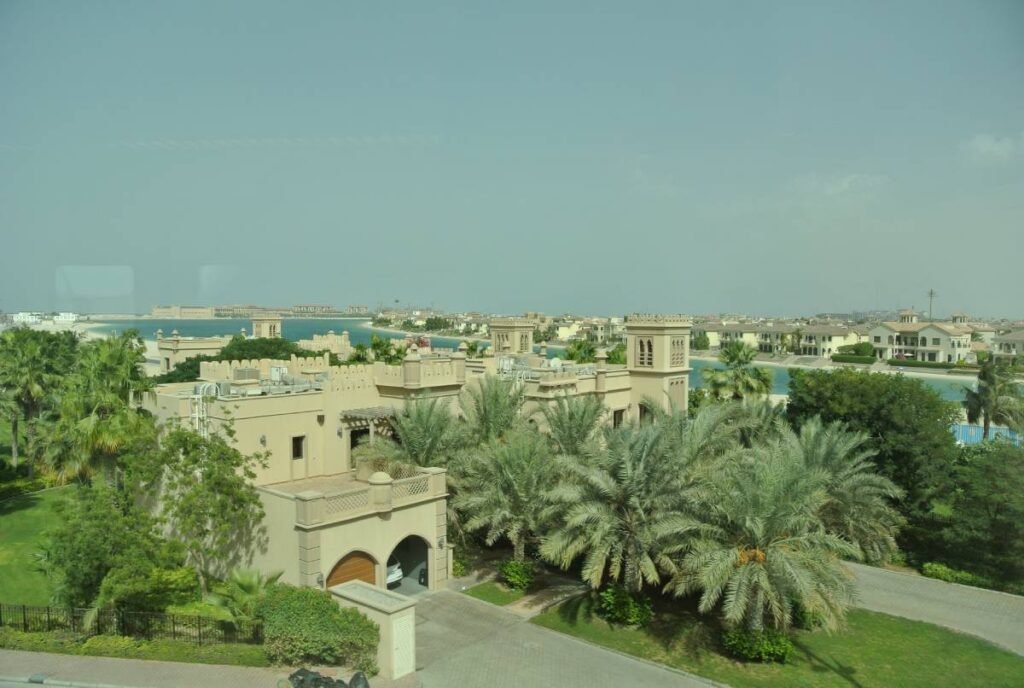
Before making an offer, conduct a detailed property search to compare different options. Visit multiple properties in various locations, assess the amenities, and check the condition of the building.
If buying an off-plan property, research the developer’s track record to ensure timely project completion. Consider factors such as future infrastructure developments and community facilities, as they can significantly impact the property’s appreciation and rental demand.
8. Verify the Title Deed and Ownership
Before finalizing a purchase, verify the title deed to confirm the seller’s legal ownership. The Dubai Land Department (DLD) provides services to authenticate property ownership and ensure there are no outstanding mortgages or legal disputes on the property.
This step is critical to avoid fraudulent transactions and ensure a legitimate investment.
9. Negotiate the Price
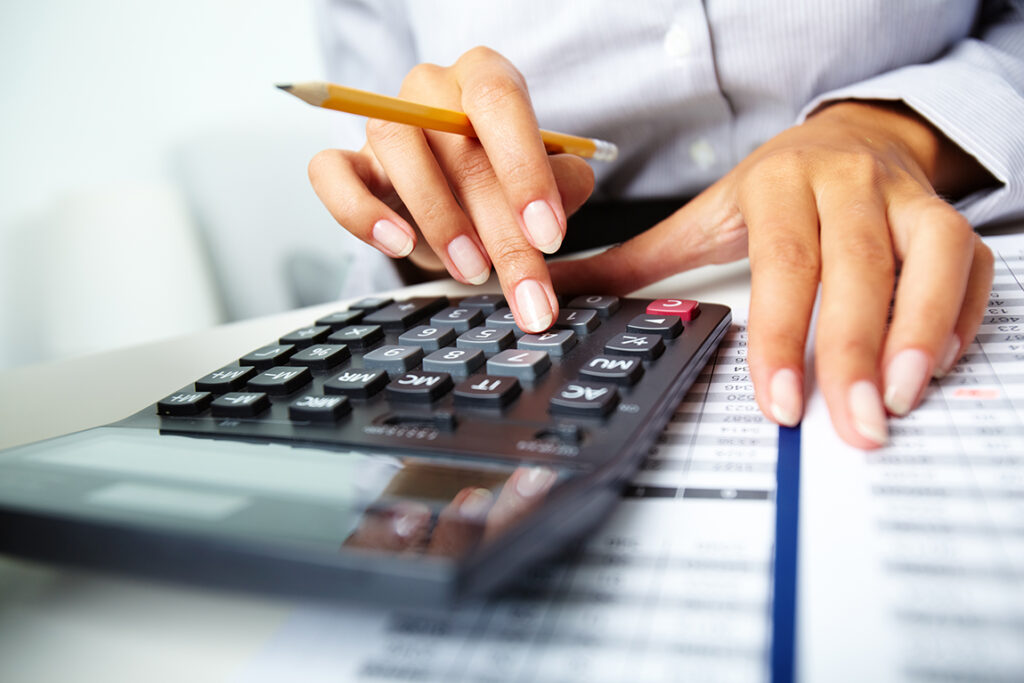
In Dubai’s property market, prices are often negotiable. Use market data and recent sales in the area to strengthen your bargaining position. Engaging a skilled real estate agent can help you negotiate a lower property price and secure additional perks, such as payment plans or waived service charges.
10. Draft a Solid Sales and Purchase Agreement (SPA)

The Sales and Purchase Agreement (SPA) is a legally binding document outlining the terms and conditions of the transaction. Ensure it includes payment schedules, project completion timelines (for off-plan properties), and penalties for contract breaches.
It’s advisable to have a legal expert review the SPA to safeguard your interests before signing.
See Also Dubai Property Investment Tips
Expert Tips for Buying Property in Dubai
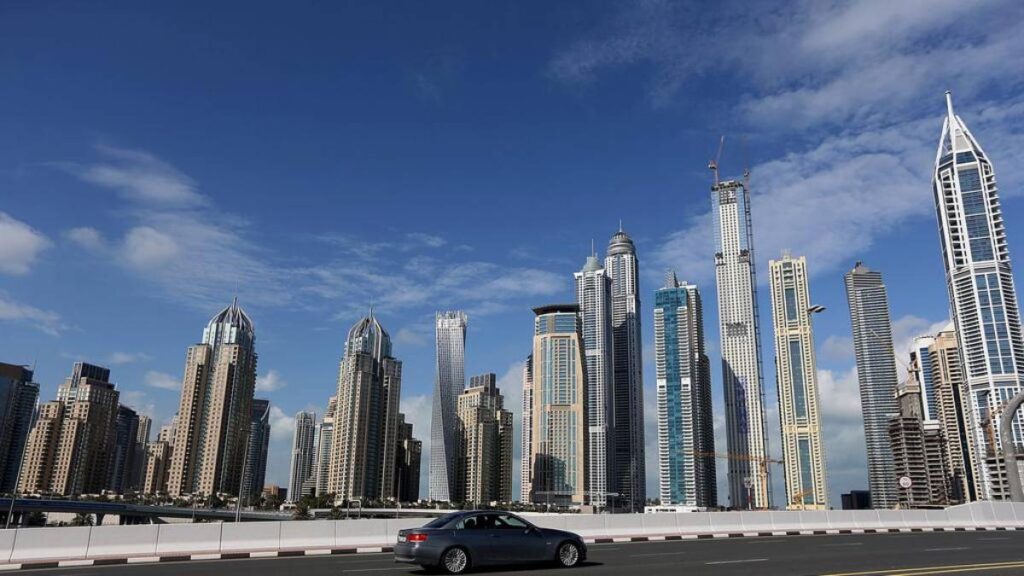
Buying property in Dubai can be a rewarding investment, but understanding key factors will help you make the right decision. Whether considering off-plan vs. ready properties or leveraging visa benefits, here’s a brief guide to navigating the process effectively. These expert tips will ensure a smooth and informed property purchase.
11. Consider Off-Plan vs. Ready Properties

When deciding between off-plan and ready properties, it’s important to weigh the pros and cons of each:
- Ready properties, on the other hand, are available for immediate possession and are ideal for those looking to move in or rent out immediately. These properties typically come at a higher price but offer the certainty of being able to inspect the property firsthand before purchasing.
- Off-plan properties are often priced more affordably, making them attractive to investors. However, there are risks such as potential delays in project completion or changes in market conditions that could affect the property value by the time it’s ready.
12. Inspect the Property Before Buying

A proper inspection is critical in ensuring you’re making a sound investment.
- For off-plan properties, you can’t physically inspect the building, but you should thoroughly research the developer’s reputation, the project’s detailed plans, and the construction timeline to avoid unpleasant surprises upon completion.
- For ready properties, it’s essential to visit the property and check for issues such as maintenance problems, structural damage, or faulty amenities.
13. Understand the Visa Benefits of Property Ownership
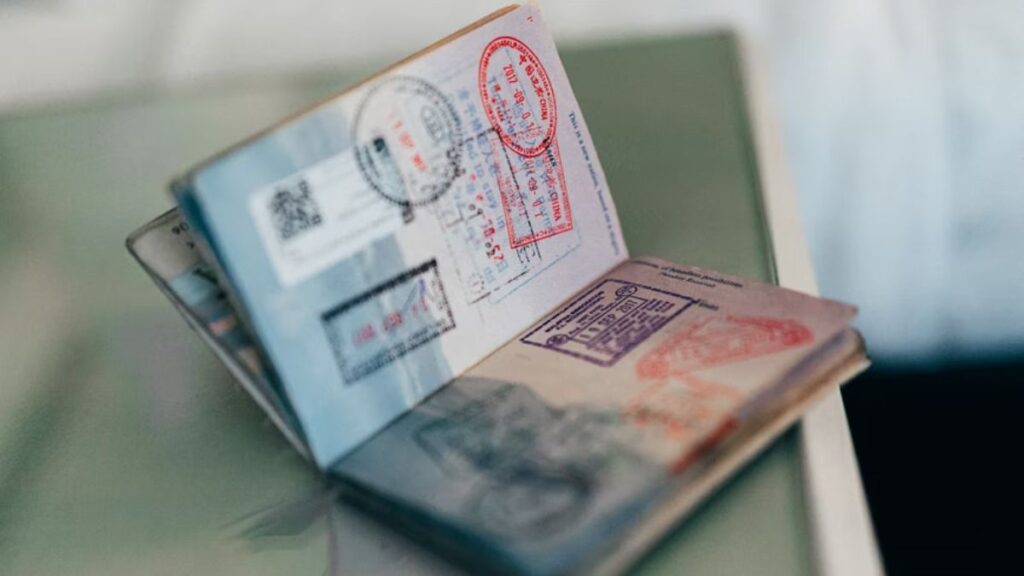
Property ownership in Dubai can also lead to residency opportunities:
- Investors purchasing properties worth AED 750,000 or more may qualify for a 3-year investor visa, which allows for residency while managing your investment.
- Investments over AED 2 million could make you eligible for the 10-year Golden Visa, offering long-term residency with additional benefits like the ability to sponsor family members and access to more services in the UAE.
Your Guide to Buying Property in Dubai: Tips and Tricks

When buying property in Dubai, it’s essential to utilize every available tool and strategy to make informed decisions. The following tips will help ensure a smooth transaction and a profitable investment.
14. Use the Dubai REST App for Property Verification
The Dubai Land Department (DLD) offers a valuable tool for property buyers—the Dubai REST App. This app allows you to verify the ownership and transaction history of any property in Dubai, ensuring that the seller is the legitimate owner and that the property is free from legal disputes.
It provides transparency, which is crucial when making such a significant investment.
The app also offers additional features such as property details, price trends, and the ability to search for properties based on various criteria, making it easier for you to make informed decisions.
By using this tool, you can avoid potential scams or problematic transactions and ensure that the property you’re purchasing is legally sound.
15. Plan Your Exit Strategy

Whether you’re investing for rental income or future resale, planning your exit strategy is essential for maximizing returns. In Dubai, some areas are particularly known for strong rental yields and resale potential.
- Dubai Hills Estate, for example, is a highly sought-after community with a mix of residential properties and retail spaces. It offers a high rental yield, making it a great choice for investors who plan to generate consistent rental income. Additionally, its strategic location near major transport hubs and lifestyle amenities ensures strong demand from tenants.
- Dubai Marina is another prime location, known for its luxury apartments, vibrant atmosphere, and waterfront views. With a high volume of both short-term and long-term rentals, it’s a popular choice among expatriates and tourists, which translates to steady rental income and strong resale value.
- When planning your exit strategy, consider factors like market trends, the potential for property appreciation, and rental demand. Whether you’re aiming for a quick sale or long-term income, choosing the right location with high demand ensures your investment remains profitable in the future.
Tips to Buy Property in Dubai: A Recap
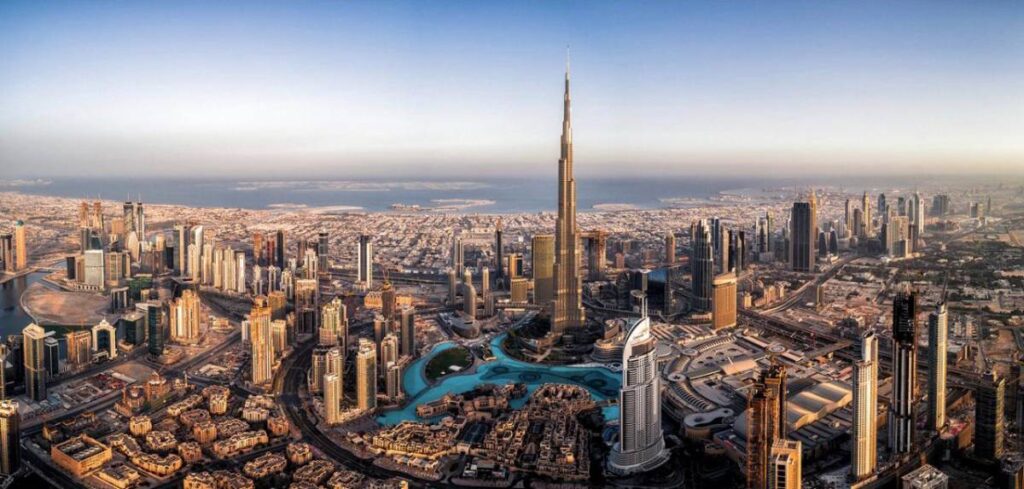
Buying property in Dubai can be a highly rewarding real estate investment, but it’s essential to approach the process with careful planning and knowledge. Whether you’re looking into Dubai properties for personal use or as a rental investment, understanding key factors like location, budget, and market trends is crucial.
We’ve discussed the importance of working with an experienced real estate agent, considering extra costs such as legal fees, and exploring visa benefits that come with Dubai property ownership.
It’s also important to factor in ongoing property taxes and service charges, which can impact your long-term investment returns. Always verify property details through reliable tools like the Dubai REST App to ensure you’re making a sound purchase.
To make the most out of your Dubai property market investment, be sure to plan your exit strategy carefully, especially in high-demand areas with strong rental yields like Dubai Marina and Dubai Hills Estate. These locations offer great potential for resale value and rental income.
FAQ
What are the legal requirements for foreign buyers purchasing property in Dubai?
Foreigners can buy property in Dubai in designated freehold areas. However, they must adhere to specific legal procedures, such as confirming ownership rights and understanding visa benefits tied to property investments.
What additional costs should I consider when buying property in Dubai?
In addition to the property price, buyers should account for legal fees, Dubai Land Department (DLD) registration fees, agency commission, and mortgage registration fees. There are also ongoing costs like annual service charges.


